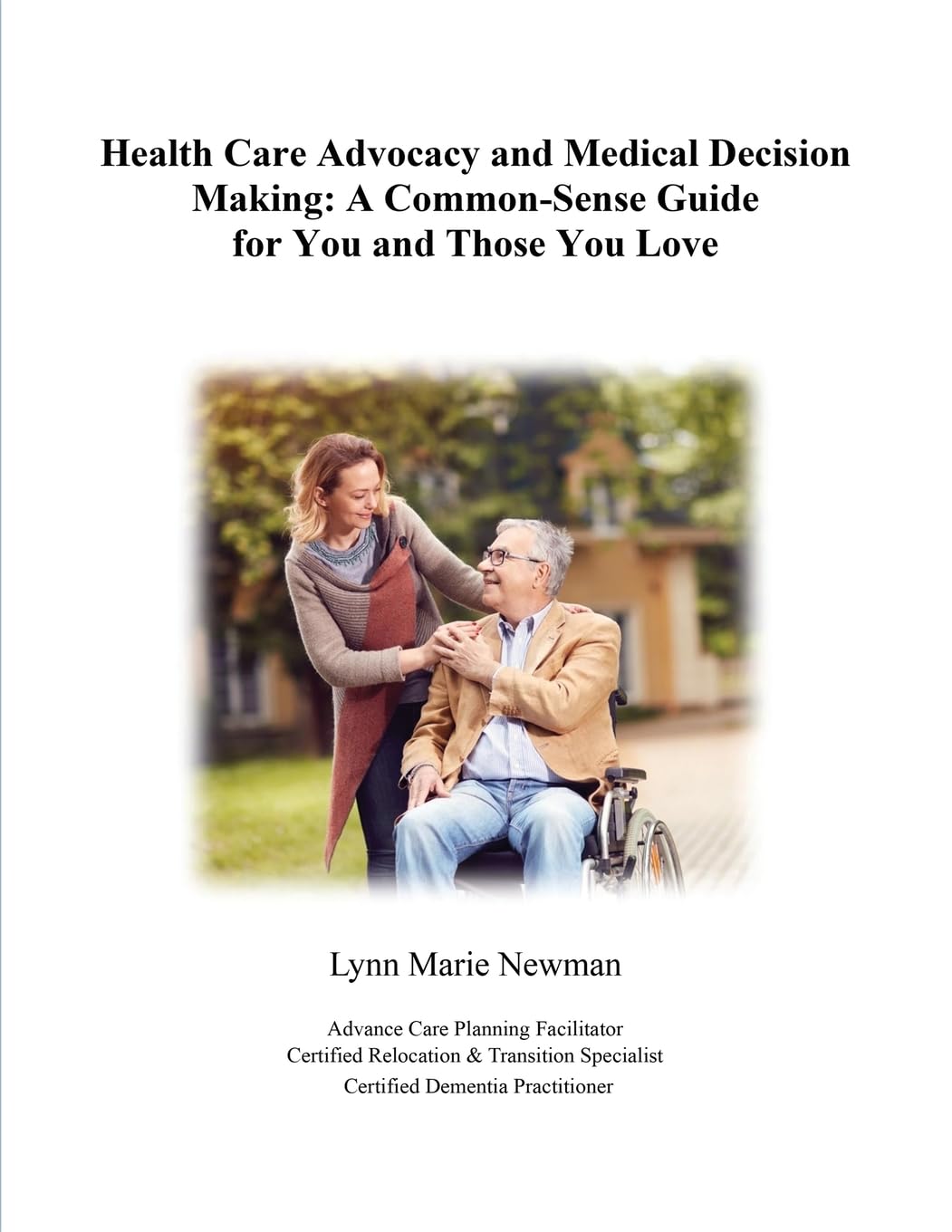As our loved ones age, the likelihood of medical emergencies increases.
Whether it is a decline, a sudden illness, or complications from chronic conditions, they are more likely to require more serious problems.
Therefore, having a plan in action can be effective for navigating an uncertain situation. The emergency department (ED) can make a stressful situation more manageable. In her book, “Health Care Advocacy and Medical Decision Making,” Lynn Marie Newman offers practical advice on how to be prepared for a trip to the ED with an elderly loved one.
First, Lynn advises having a “GO Bag” ready at all times. This bag should include essential items such as health care directives, a list of current medications, emergency contact numbers, and copies of insurance cards. Many people don’t realize how important it is to bring a list of medications, which includes not just prescription drugs but also over-the-counter medications such as vitamins and supplements. Medication mistakes and adverse reactions are common in older adults, and having this information can help medical professionals avoid complications during treatment.
Another key tip is to have copies of the advance directive and health care surrogate forms on hand. These documents are essential in ensuring that your loved one’s care preferences are followed, especially if they cannot speak for themselves. Without these, doctors might default to life-saving measures, such as resuscitation, even if your loved one does not want that.
Lynn also highlights the emotional preparedness required for ED visits. The fast-paced and high-stress environment of an emergency department can overwhelm caregivers. Being an advocate means staying calm, asking clear questions, and ensuring that the patient’s needs are communicated. She suggests writing down questions before speaking with medical staff to make sure nothing is forgotten during what can be chaotic conversations.

In addition to logistical planning, emotional support for your loved one is crucial, as hospitals can be disorienting and frightening, particularly for elderly patients, many of whom may already struggle with cognitive issues. Simple gestures like bringing a family photo or having a familiar voice nearby can provide much-needed comfort in these settings.
When the emergency is over, the work doesn’t stop. Whether your loved one is admitted to the hospital, placed in observation, or sent home, having a clear understanding of the next steps is critical. Therefore, asking for detailed explanations of discharge instructions, follow-up care, and potential complications and safety measures ensures that you’re prepared for what happens next.
In sum, preparation is key to making a trip to the emergency department smoother and less traumatic for both you and your loved one. From keeping a well-stocked GO Bag to maintaining emotional calm, Lynn Marie Newman’s practical advice can transform a stressful situation into a manageable one.
“Health Care Advocacy and Medical Decision Making: A Common-Sense Guide for You and Those You Love” by Lynn Marie Newman is a practical, compassionate resource for caregivers, family members, and individuals facing the complex challenges of caring for elderly loved ones.
With her background as a critical care nurse and hospice volunteer, Newman draws on years of experience to offer realistic, step-by-step advice on navigating health care systems, making informed decisions, and advocating effectively. The book covers essential topics such as advance care planning, the roles of health care surrogates, understanding assisted living and skilled nursing facilities, preventing elder abuse, and dealing with hospital visits and emergencies. Written with empathy and common sense, this guide empowers readers to manage the emotional and logistical aspects of caregiving with confidence and care.
Get your copy on Amazon: https://www.amazon.com//dp/1917367368/.
